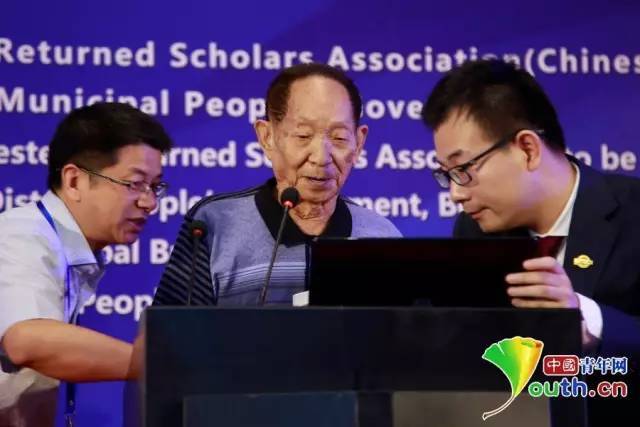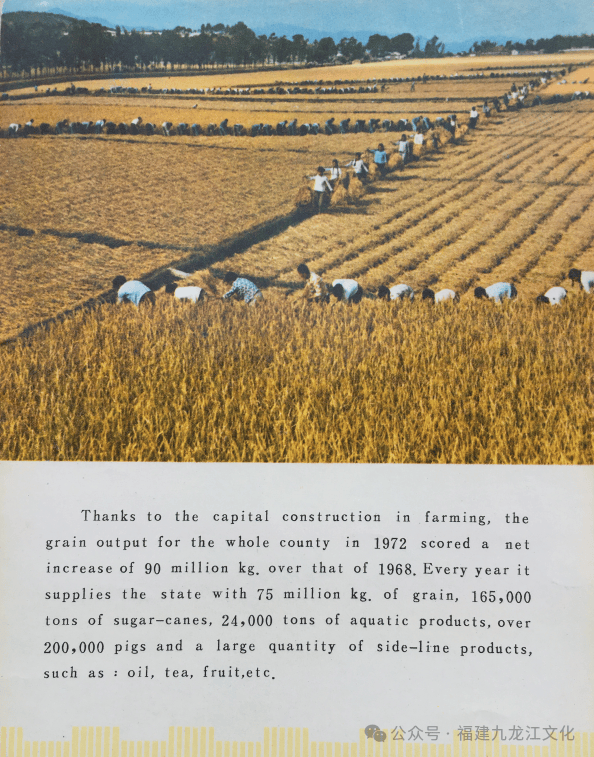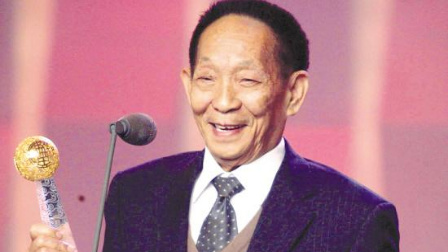Yuan Longping, a Chinese agronomist and educator, is best known for developing the hybrid rice varieties that revolutionized Chinese agriculture. His work has since been replicated in dozens of countries, making him a global figure in agricultural history. Born in 1930, Yuan Longping grew up in a rural area and developed a deep interest in agriculture from an early age. After graduating from college, he dedicated his life to hybrid rice research, ultimately creating a variety that yielded significantly more grain than traditional varieties. His work not only transformed Chinese agriculture but also had a profound impact on global food security. Yuan Longping's life and work are recounted in numerous books and documentaries, making him a role model for many aspiring agronomists.
Yuan Longping, known as the "Father of Hybrid Rice," revolutionized Chinese agriculture with his groundbreaking work in developing the first hybrid rice varieties in the 1970s. Born in 1930, Yuan Longping grew up in a small village in Hunan province, China. His family was poor, but his father always encouraged him to pursue an education in agriculture, believing that it was the key to improving their lives.
Yuan Longping attended Hunan Agricultural University and graduated in 1953. He then began his career as an agronomist, dedicated to the study of rice genetics and breeding. In the 1960s, Yuan Longping and his team began experimenting with cross-breeding techniques, attempting to create a new type of rice that could produce higher yields and be more resilient to adverse weather conditions.
Their efforts paid off in 1974, when Yuan Longping and his team successfully developed the first hybrid rice variety, which they named "Yuan Long A." This new variety of rice was able to produce significantly higher yields than traditional varieties, and it also proved to be more resilient to heat and drought. Yuan Long A quickly gained popularity and was widely adopted by Chinese farmers.
Yuan Longping and his team continued to work on improving the hybrid rice varieties, developing new varieties such as Yuan Long B and Yuan Long C, which were even more productive and resilient than the original Yuan Long A. These new varieties were also exported to other countries, helping to improve global food security.
Yuan Longping's work not only transformed Chinese agriculture but also had a profound impact on global food production. His hybrid rice varieties have been instrumental in reducing hunger and poverty in many parts of the world. Yuan Longping's legacy will continue to inspire future generations of agronomists and farmers, driving them to pursue innovations that can revolutionize agriculture and improve the quality of life for millions of people.
In recognition of his groundbreaking work, Yuan Longping was awarded numerous honors and medals, including the Nobel Prize for Physiology or Medicine in 1980. He also received numerous honorary degrees from universities around the world. However, Yuan Longping always remained humble and dedicated to his work, believing that he was just doing what he loved and that it was his responsibility to help feed the world.
Yuan Longping passed away in 2021 at the age of 91, but his legacy and impact on agriculture will continue to grow for many years to come. His story is a testament to the power of innovation and determination in changing the course of history.




 京公网安备11000000000001号
京公网安备11000000000001号 京ICP备11000001号
京ICP备11000001号